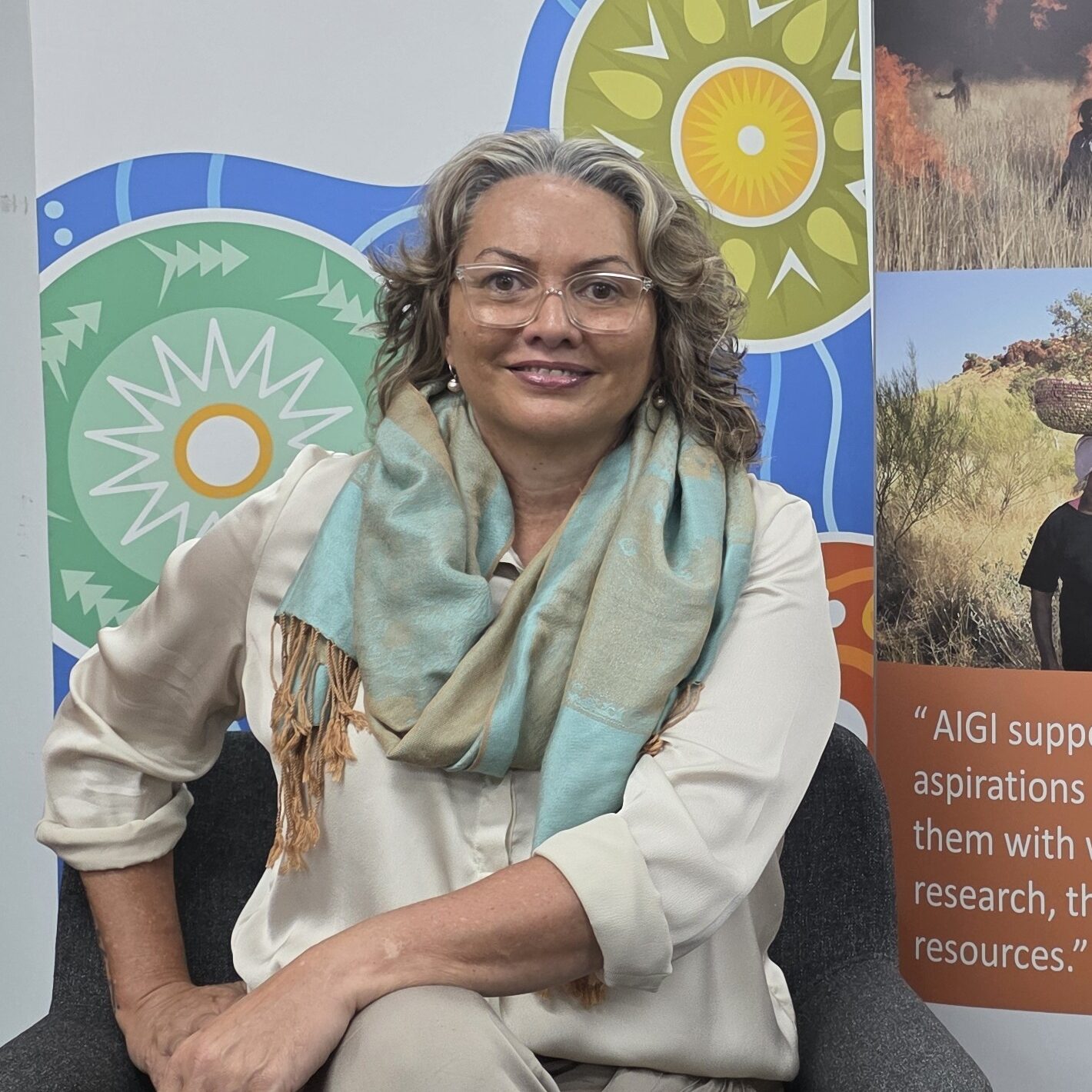Celebrating a Trans-Tasman Partnership: Māori and Australian First Nations Governance Leaders Unite...
The Ngarrindjeri Regional Authority and KNYA

The Ngarrindjeri Regional Authority (NRA) is the peak governing body of the Ngarrindjeri Nation. This nation is made up of eighteen distinct tribes.
The NRA has successfully formalised their governing power in the area of natural resource management through the Kungun Ngarrindjeri Yunnan Agreements (KNYAs). KNYAs are a culture-based legal contract that government powers must enter into if they wish to consult with the NRA. This includes local, state and federal governments, as well as other parties – such as research institutions. The contracts require parties to commit to respectful listening, discussion and negotiation over matters in the Ngarrindjeri Nation’s jurisdiction. KNYAs legally secure the NRA’s authority over the management of their land and waters.2Ngarrindjeri Regional Authority and the Government of South Australia, Kungun Ngarrindjeri Yunnan Agreement: KYNA Taskforce Terms of Reference 2016, [link]
By developing these agreements, the Ngarrindjeri Nation have determined their own process of collaboration with non-Indigenous governments and institutions, and have strengthened their decision-making and planning authority.
A KNYA Taskforce comprises representatives from:
- the NRA
- relevant state government departments
- the South Australian Water Corporation
- the Environmental Protection Authority.
It was established to support the implementation of commitments under the KNYA.
“The KNYA Taskforce is a radically new kind of interaction with Indigenous people for South Australian government employees and politicians—it is conducted on Ngarrindjeri terms and incorporates sovereign performance, authoritative Indigenous speaking positions, and transformative and educative processes… Negotiating, writing, and performing Ngarrindjeri into a position of increasing power in the policy, planning, and management of Ngarrindjeri land and water gives Ngarrindjeri an increasing role in the development of healthy Ngarrindjeri futures, where being Ngarrindjeri and making a living the Ngarrindjeri way have become positive regional factors.”









.png)

